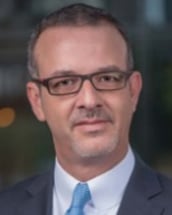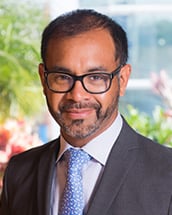Effective September 21, 2020, the Office of the National Superintendent of Cryptoassets and Related Activities (SUNACRIP) will be regulating the activities related to (i) the use, import and commercialization of digital mining equipment, parts and pieces; (ii) adaptation of spaces to offer the hosting service for digital mining, including the manufacture, assembly, repair and improvement of such equipment; and, (iii) digital mining services in the cloud.
With the entering into force of these new guidelines issued by SUNACRIP, individuals and legal entities domiciled in Venezuela that carry out activities inherent to digital mining must apply for licenses to use, import and commercialize digital mining equipment and its parts and pieces; to offer hosting service to digital mining equipment; and to provide cloud mining services.
To obtain the necessary licenses and permits, users must also be registered, validated and updated in a system maintained by SUNACRIP and comply with certain requirements. If a user breaches the obligations established in the guidelines, misuses the license, or if there are well-founded indications it provided false or erroneous information or documentation, SUNACRIP may suspend it from the registrations systems (without prejudice to any other the civil, criminal or administrative responsibilities that may apply).
SUNACRIP established a National Digital Mining Pool (the “Pool”) that aims to group the digital miners in Venezuela and encourage the international digital mining community to be part of the Pool to accumulate high processing power that speeds up the resolution of blockchain blocks. While the guidelines establish that SUNACRIP may grant benefits, incentives and propose tax benefits to stimulate digital miners to join the Pool, it also makes clear that a user who dedicates himself to digital mining not connected to the Pool would be subject to infractions and sanctions.
For more information, see our client alert: https://bakerxchange.com/rv/ff006a0914b67eb2914bb45a064f8e67a2e5e728/p=7811295


